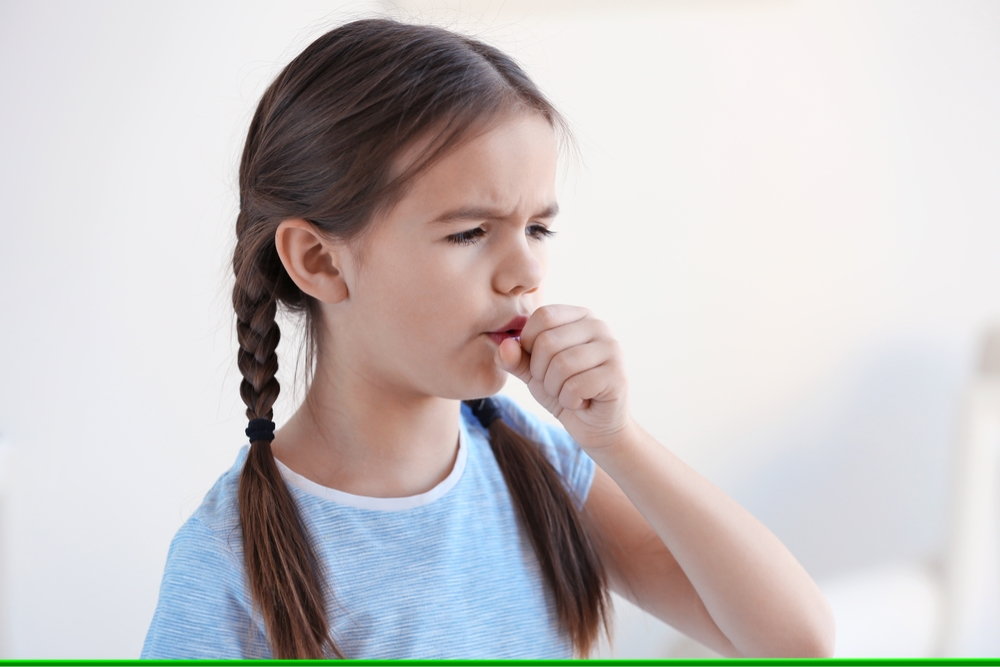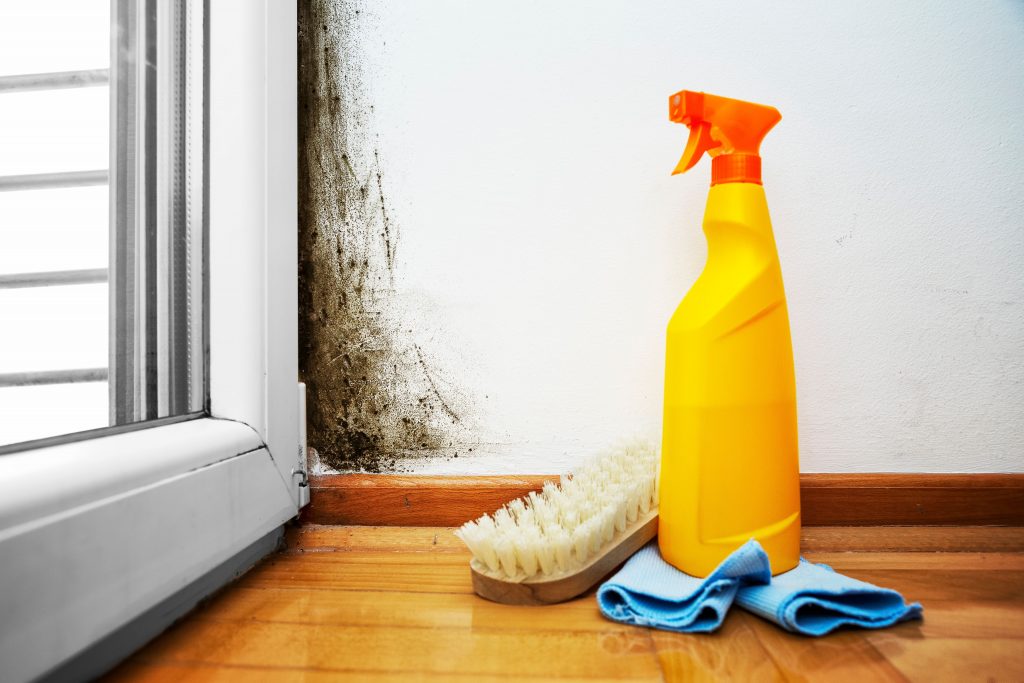Whooping cough- why it’s serious and who should be vaccinated
What is whooping cough?
- Whooping cough is a highly contagious lung infection caused by the bacteria Bordetella Pertussis.
- It is common, and can have serious complications, particularly in smaller babies for whom it can be life-threatening.
- Cases have been steadily rising in recent years. This is because the whooping cough vaccine does not give long-lasting protection. It is also probably being picked up more often, as healthcare professionals and the wider community are more aware of it, and there are better and quicker ways to test for it.
What are the symptoms of whooping cough?
- It usually starts with a dry cough
- Runny nose and fever may occur in the first week
- Many people develop spasms of uncontrolled coughing- the force of the cough may even cause vomiting.
- One of the classic symptoms of whooping cough is a distinctive “whoop” at the end of a coughing spasm, cause by a sharp intake of breath. This is more common in children- not everyone gets this “whooping” sound. Some people just complain of a dry hacking cough that goes on for weeks.
- Small babies may have difficulty catching their breath after a coughing fit
- Apnoeic spells may also occur in babies- this means they stop breathing for a few seconds. Some babies don’t get the cough at all, they just develop apnoeic episodes.
- Complications may include pneumonia, ear infections, seizures and encephalopathy (brain damage).
How is whooping cough spread?
- You catch whooping cough by breathing in droplets that an infected person has coughed or sneezed into the air.
- It can also catch it by touching something an infected person has coughed or sneezed on, and then putting your hand to your face..
- If you live with someone who has whooping cough, you are very likely to get it too- almost everyone in the same household will catch it.
How long does it take symptoms to show after exposure to whooping cough?
It takes between 7 and 20 days after catching whooping cough for the first symptoms to occur.
How long is whooping cough contagious for?
You are contagious to others from the time of the first symptoms, until about 3 weeks after the start of the cough.
How long does whooping cough last?
The initial phase of fever and runny nose may last about a week. The cough can last for 10 weeks or more. Sometimes it’s called the “100 day cough” as many people will have a cough for about that duration.
How is whooping cough diagnosed?
- The symptoms may be enough for the doctor to diagnose it. Sometimes a nasal swab will be performed.
- However a swab may come back saying there is no infection if you’ve already had antibiotics or if the cough is there for more than 2 weeks.
What is the treatment for whooping cough?
Appropriate antibiotic treatment will shorten the amount of time a person is infectious to others, though it does not the stop cough any sooner. About 5 days after starting an antibiotic there is little or no risk of being contagious. Without treatment a person will spread whooping cough for around 3 weeks.
It is advised that people who live in the same house, or have been in regular close contact with a case of whooping cough should be treated, particularly pregnant women and babies.
Small babies often need admission to hospital for treatment as they can become extremely ill.
Why is whooping cough so serious in babies?
Babies have soft airways, which means they can develop more severe breathing problems. Seizures and brain damage are also possible complications.
Who should get the whooping cough vaccine?
- All children get the whooping cough vaccine as part of their childhood immunisations, at 2,4 and 6 months, with further boosters scheduled throughout childhood.
- Pregnant women are advised to get receive a whooping cough vaccine to boost their immunity during their third trimester, usually around 28 weeks. This works in two ways: it allows immunity to pass to the unborn baby through the mum’s bloodstream. Also, if a mum contracted whooping cough around the time of delivery, she could pass it on to her newborn- the vaccine reduces the risk of this happening.
- It’s also advised that fathers, grandparents and anyone else likely to spend time with a newborn baby should get a whooping cough vaccine at least 2 weeks before the baby is born.
Is the whooping cough vaccine safe? Are there any side effects?
The whooping cough vaccine is very safe and reactions to it are rare. It is now routinely recommended in pregnancy. Some people may get muscle aches, low grade fever and soreness at the injection site. Nausea, vomiting and diarrhoea can also occur, but are uncommon. As with all vaccines, there is an extremely small risk of anaphylaxis (which is treatable)- this risk is about 1 in a million- anyone getting the vaccine will usually be monitored for a few minutes after the injection, to be on the safe side.
If you have more questions about whooping cough or the whooping cough vaccine, check out the Royal Children’s Hospital website, and/or speak to your doctor.
ACL injuries & tears
ACL injuries & tears The knee has two ligaments inside the joint, that stabilise it when we are moving forwards or backwards. These are called the anterior and posterior cruciate ligaments. The anterior cruciate [...]
What is a fractured penis?
What is a fractured penis? Although the penis doesn’t have a bone in it, it can be fractured! A fractured penis occurs when the spongy tissue that swells during [...]
Could your home be causing asthma and allergies?
Could your home be causing your Asthma? Overview Our homes are not just a roof over our heads- they play a key role in our health, particularly when it [...]
How to fix an ingrown toenail
How to get rid of an ingrown toenail What is an ingrown toenail? Ingrown toenail is an extremely common condition which occurs when the inner or outer side of [...]
On a vegan diet?- some important things you should know
Vegan diet- a beginner's guide What is a vegan diet? A vegan diet, also known as plant-based, describes one that avoids any animal products. There are many subtypes of [...]
How to get rid of Jock Itch
How to get rid of Jock Itch What is Jock Itch? Jock Itch is a common name for the medical condition also known as "Tinea Cruris". Jock Itch is [...]










